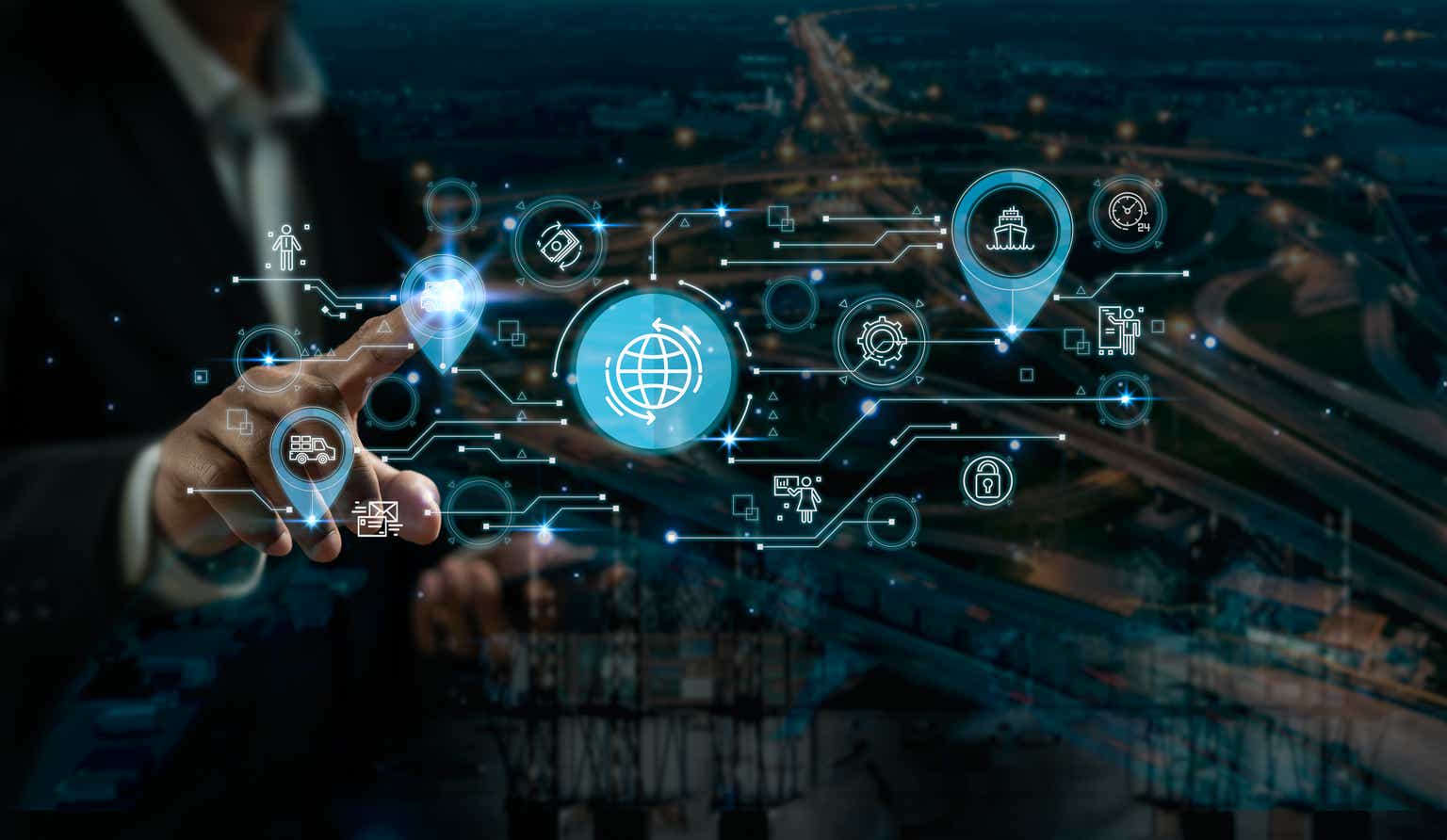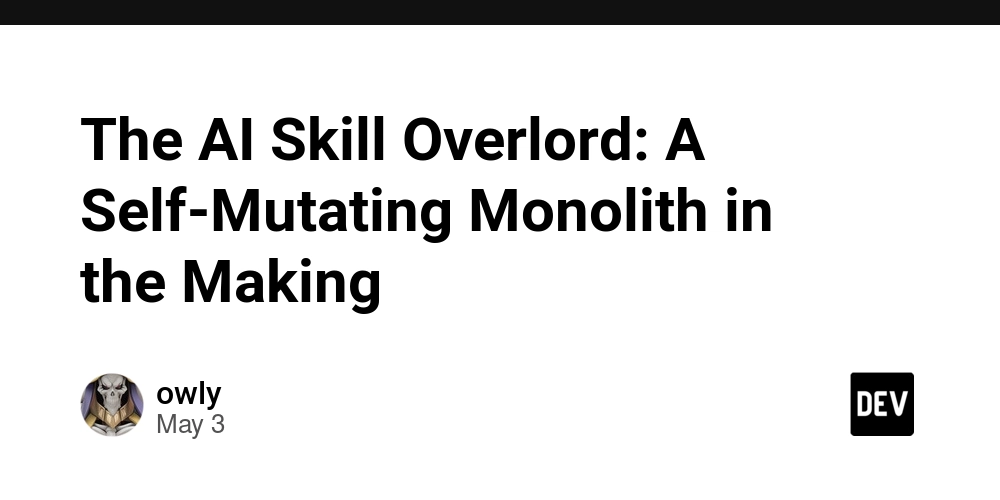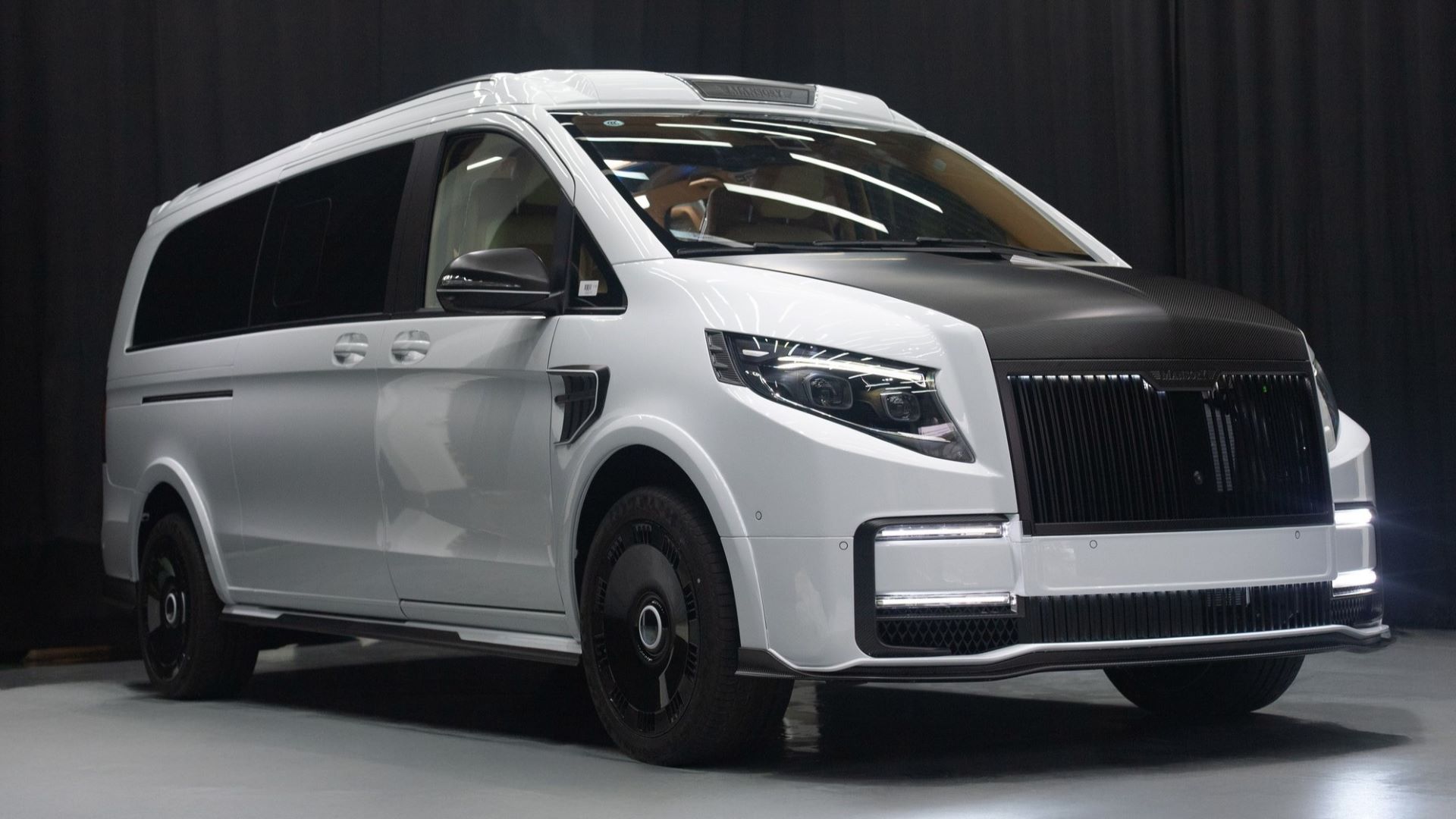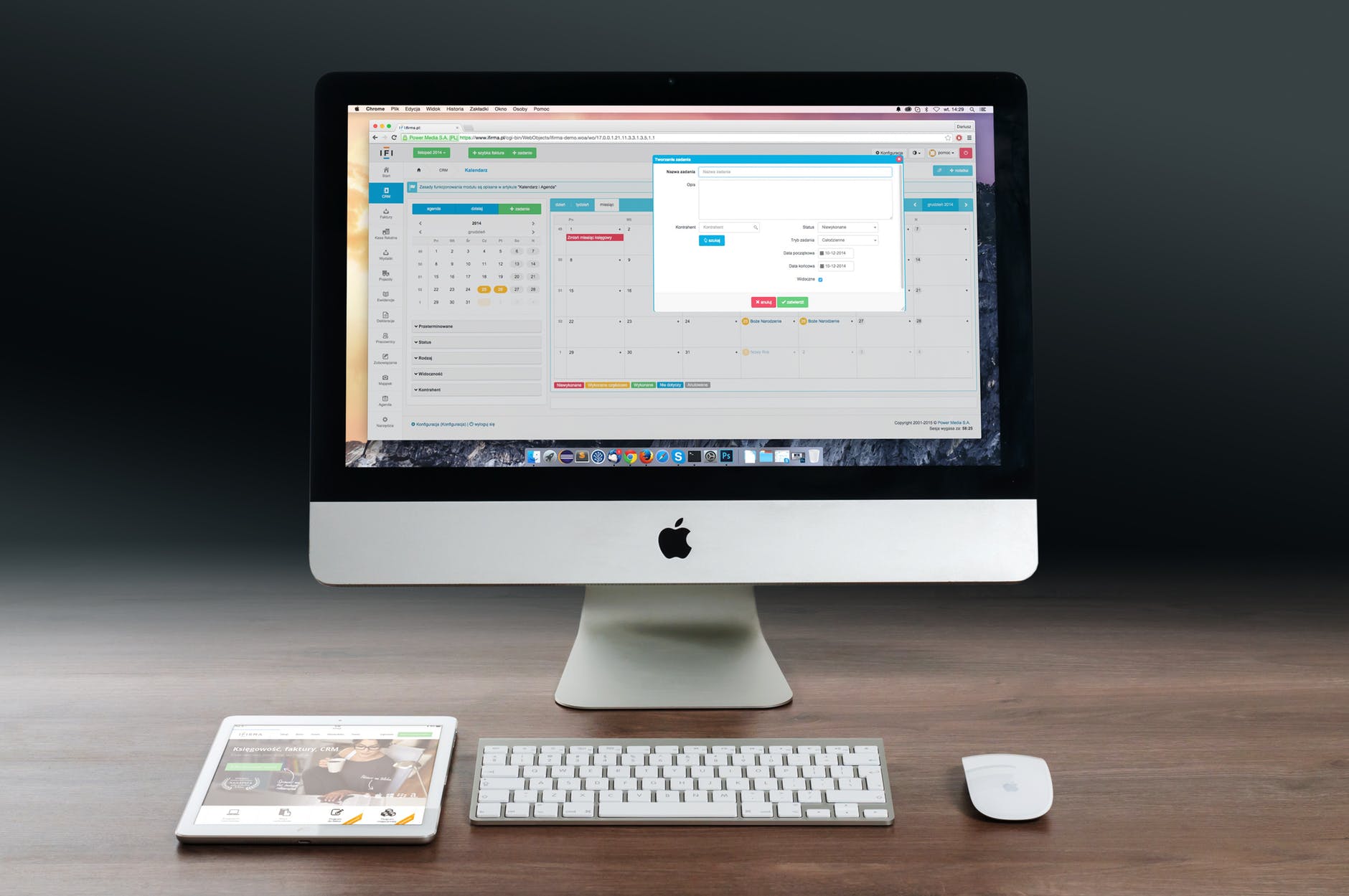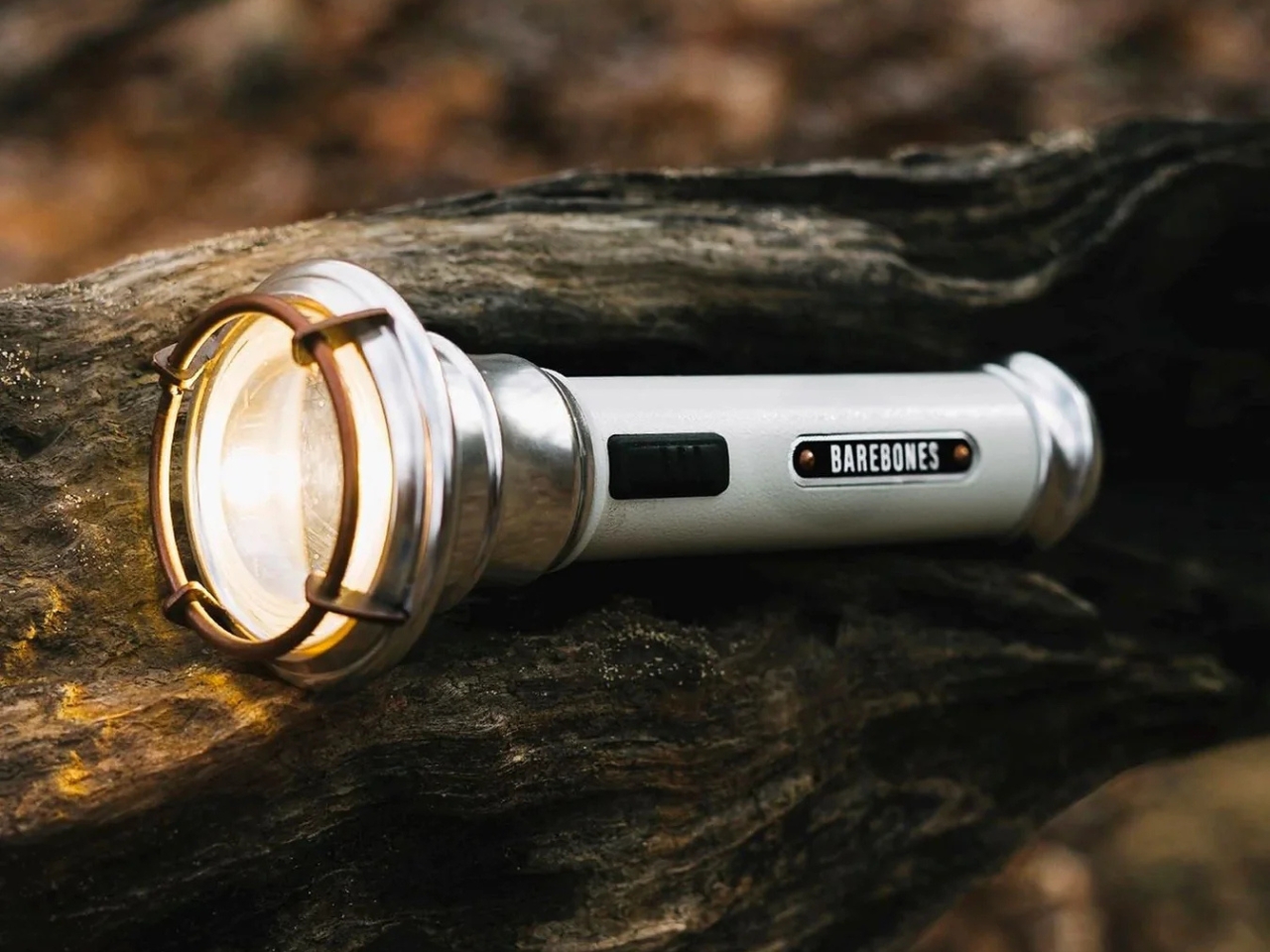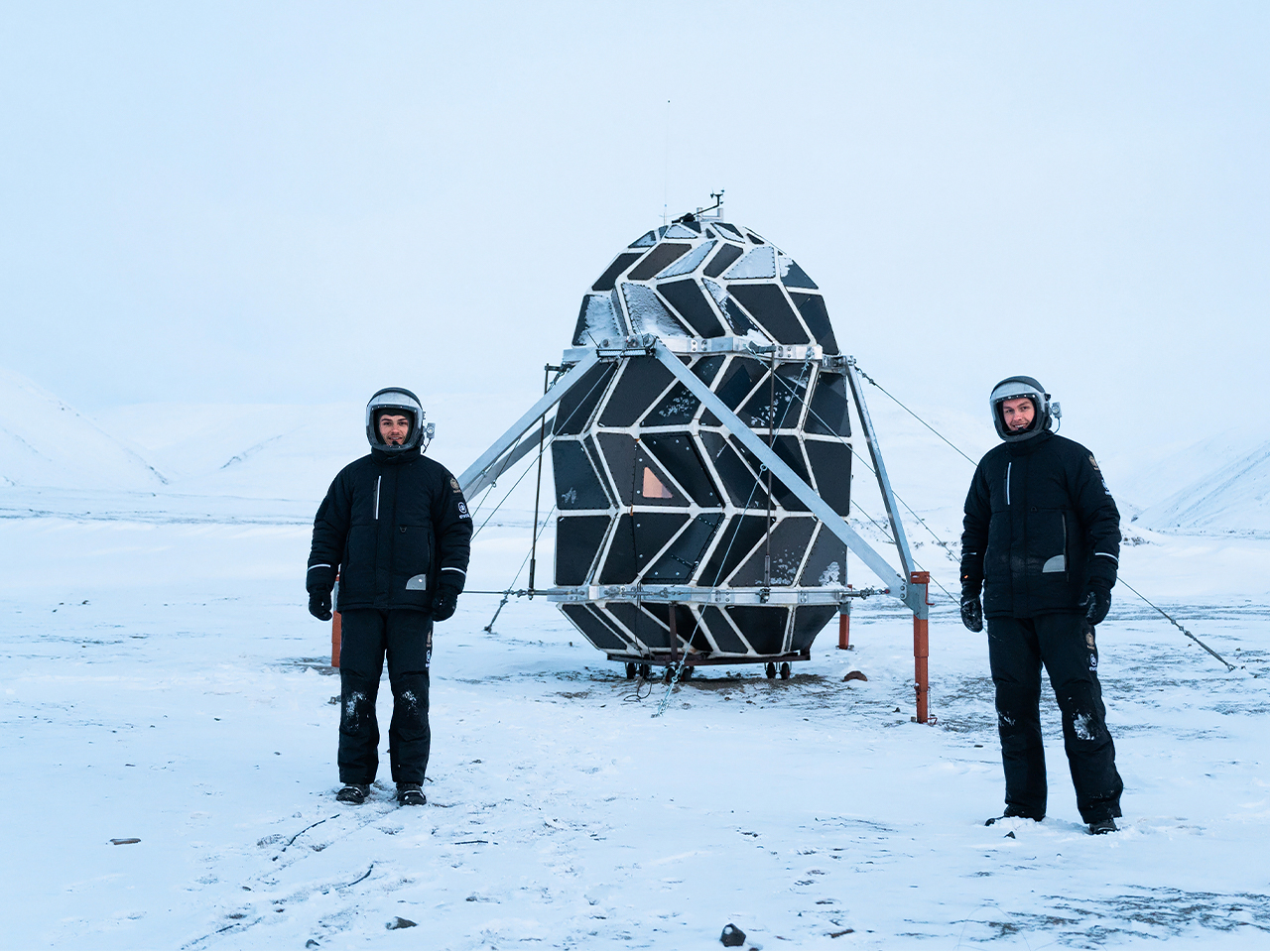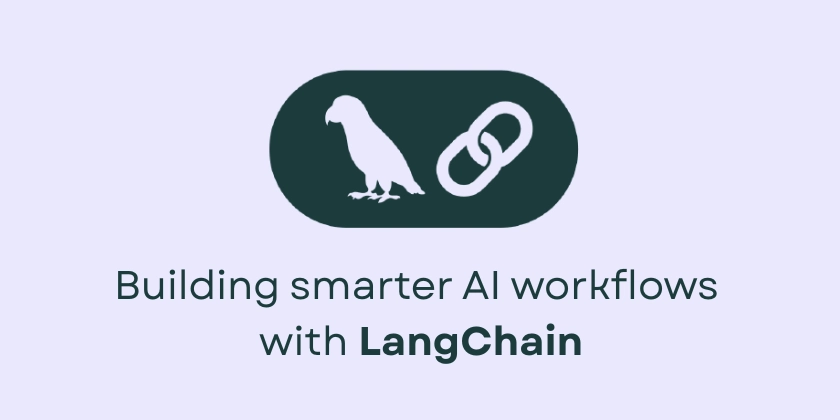The Day I Read About a Computer Powered by Human Brain Cells—and It Shocked Me
I’ve always been fascinated by technology—whether it's the cutting-edge advancements in AI, quantum computing, or the next big thing in automation. But recently, I stumbled upon something that completely blew my mind. Imagine a computer, not powered by silicon chips or mechanical components, but by human brain cells. Yes, you read that right—human brain cells. At first, I thought it was some kind of sci-fi fantasy or a wild concept for a dystopian movie, but as I dug deeper, I realized this was something very real. And let me tell you, it was one of those moments that made me stop in my tracks, reevaluate everything I thought I knew about computing, and leave me in awe of the future that’s unfolding right before our eyes. The Startling Discovery It started like any normal day. I was scrolling through articles, looking for the latest in technology trends, when I came across a headline that caught my eye: "This Computer is Powered by Human Brain Cells." I clicked, expecting to read something bizarre or outlandish, but what I found was nothing short of mind-blowing. Researchers had successfully created a computer powered by human brain cells—cells that are cultured, nurtured, and maintained in petri dishes, mimicking the way neurons communicate in the human brain. Instead of relying solely on traditional silicon chips to process data, these computers use living brain cells that fire electrical signals to carry out computations. The idea that we could create a hybrid system between biological tissue and machine was something I hadn’t even imagined. The Science Behind It The more I read, the more fascinated I became. These brain cells, grown in labs, are cultured to remain alive and functional. They communicate with each other just like neurons in our brain, sending electrical signals that allow them to process information. Instead of the typical binary system of 1s and 0s, these biological computers use electrical activity to carry out tasks. Think about it: a computer that learns and adapts just like the human brain. A system that doesn’t just follow rigid programming but can learn from previous experiences, making it capable of finding solutions in ways traditional computers can’t. The possibilities seemed endless. Shocked, But Excited I sat back in my chair, stunned. The implications of this were huge. The future of computing was no longer just about faster processors or more powerful algorithms. It was about merging the biological with the technological. Imagine a world where computers are not just machines but have a level of adaptability and learning capabilities similar to a human mind. What shocked me even more was the potential for solving some of the world’s most complex problems. These bio-computers could revolutionize fields like artificial intelligence, medicine, and environmental research. They could find solutions to problems in real-time, adapt to new data faster than anything we’ve seen, and process information with an efficiency that surpasses current systems. The Promise of a New Era But the excitement didn’t stop there. These biological computers could also have huge benefits for energy consumption. Traditional computers consume an enormous amount of energy, but human brain cells are incredibly efficient. These bio-computers could operate using far less energy than conventional ones, opening the door to sustainable computing. And there’s more. In the medical field, this technology could lead to groundbreaking advancements. Brain-machine interfaces could be developed to help people with neurological conditions, providing new ways for them to interact with the world around them. Rehabilitation technologies, powered by brain cells, could help patients recover faster and more effectively. Ethical Questions As exciting as this technology is, it raised a lot of questions for me. What happens when human brain cells are used for something like this? Who owns them, and what rights do they have? Could these bio-computers ever become conscious, or is that still a far-off concept? It’s something we don’t have answers to yet, but it’s something that has to be considered as we move forward. We’re already at the edge of creating AI systems that can mimic human thought processes, and now, we’re using actual human cells to make computers more intelligent. It made me think: How far will we go in merging the human mind with machines? My Mind is Still Reeling After reading about this bio-computer, I couldn’t stop thinking about the future. Imagine a world where humans and machines aren’t separate entities, but interconnected, working together to solve the world’s most pressing issues. The thought of computers that can learn like humans, adapt to new data, and solve problems in real-time is exciting—and a little bit terrifying. What if we create machines that think like us, or even surpass our own intelligence? It’s a question that h
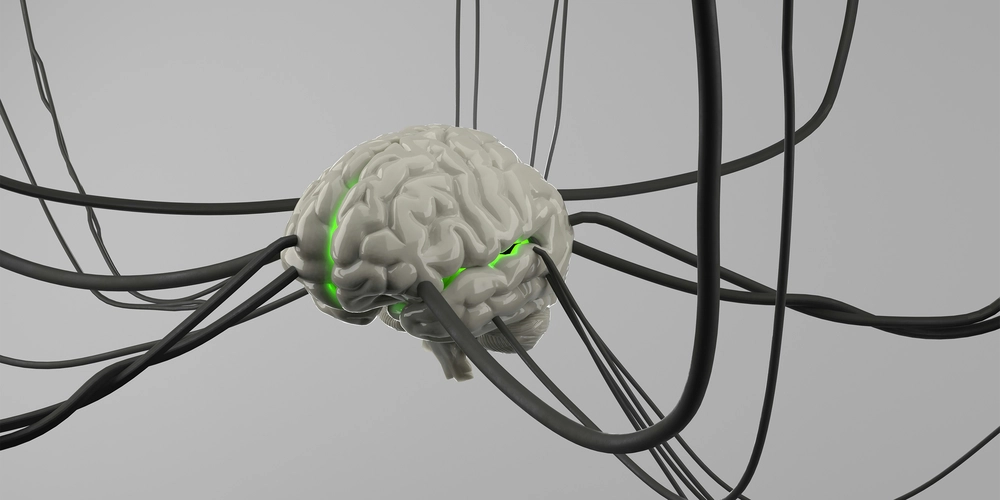
I’ve always been fascinated by technology—whether it's the cutting-edge advancements in AI, quantum computing, or the next big thing in automation. But recently, I stumbled upon something that completely blew my mind. Imagine a computer, not powered by silicon chips or mechanical components, but by human brain cells. Yes, you read that right—human brain cells.
At first, I thought it was some kind of sci-fi fantasy or a wild concept for a dystopian movie, but as I dug deeper, I realized this was something very real. And let me tell you, it was one of those moments that made me stop in my tracks, reevaluate everything I thought I knew about computing, and leave me in awe of the future that’s unfolding right before our eyes.
The Startling Discovery
It started like any normal day. I was scrolling through articles, looking for the latest in technology trends, when I came across a headline that caught my eye: "This Computer is Powered by Human Brain Cells."
I clicked, expecting to read something bizarre or outlandish, but what I found was nothing short of mind-blowing.
Researchers had successfully created a computer powered by human brain cells—cells that are cultured, nurtured, and maintained in petri dishes, mimicking the way neurons communicate in the human brain. Instead of relying solely on traditional silicon chips to process data, these computers use living brain cells that fire electrical signals to carry out computations. The idea that we could create a hybrid system between biological tissue and machine was something I hadn’t even imagined.
The Science Behind It
The more I read, the more fascinated I became. These brain cells, grown in labs, are cultured to remain alive and functional. They communicate with each other just like neurons in our brain, sending electrical signals that allow them to process information. Instead of the typical binary system of 1s and 0s, these biological computers use electrical activity to carry out tasks.
Think about it: a computer that learns and adapts just like the human brain. A system that doesn’t just follow rigid programming but can learn from previous experiences, making it capable of finding solutions in ways traditional computers can’t. The possibilities seemed endless.
Shocked, But Excited
I sat back in my chair, stunned. The implications of this were huge. The future of computing was no longer just about faster processors or more powerful algorithms. It was about merging the biological with the technological. Imagine a world where computers are not just machines but have a level of adaptability and learning capabilities similar to a human mind.
What shocked me even more was the potential for solving some of the world’s most complex problems. These bio-computers could revolutionize fields like artificial intelligence, medicine, and environmental research. They could find solutions to problems in real-time, adapt to new data faster than anything we’ve seen, and process information with an efficiency that surpasses current systems.
The Promise of a New Era
But the excitement didn’t stop there. These biological computers could also have huge benefits for energy consumption. Traditional computers consume an enormous amount of energy, but human brain cells are incredibly efficient. These bio-computers could operate using far less energy than conventional ones, opening the door to sustainable computing.
And there’s more. In the medical field, this technology could lead to groundbreaking advancements. Brain-machine interfaces could be developed to help people with neurological conditions, providing new ways for them to interact with the world around them. Rehabilitation technologies, powered by brain cells, could help patients recover faster and more effectively.
Ethical Questions
As exciting as this technology is, it raised a lot of questions for me. What happens when human brain cells are used for something like this? Who owns them, and what rights do they have? Could these bio-computers ever become conscious, or is that still a far-off concept? It’s something we don’t have answers to yet, but it’s something that has to be considered as we move forward.
We’re already at the edge of creating AI systems that can mimic human thought processes, and now, we’re using actual human cells to make computers more intelligent. It made me think: How far will we go in merging the human mind with machines?
My Mind is Still Reeling
After reading about this bio-computer, I couldn’t stop thinking about the future. Imagine a world where humans and machines aren’t separate entities, but interconnected, working together to solve the world’s most pressing issues. The thought of computers that can learn like humans, adapt to new data, and solve problems in real-time is exciting—and a little bit terrifying.
What if we create machines that think like us, or even surpass our own intelligence? It’s a question that has been posed in science fiction for decades, but now, it’s starting to feel more and more like a reality.
This discovery, though still in its early stages, is a wake-up call. The future of technology is unfolding before us in ways we never imagined, and it’s both thrilling and unnerving. I’m excited to see where this research leads, but I can’t help but wonder—are we ready for a world where computers powered by human brain cells become a part of everyday life?
If you found this helpful, consider supporting my work at ☕ Buy Me a Coffee.






